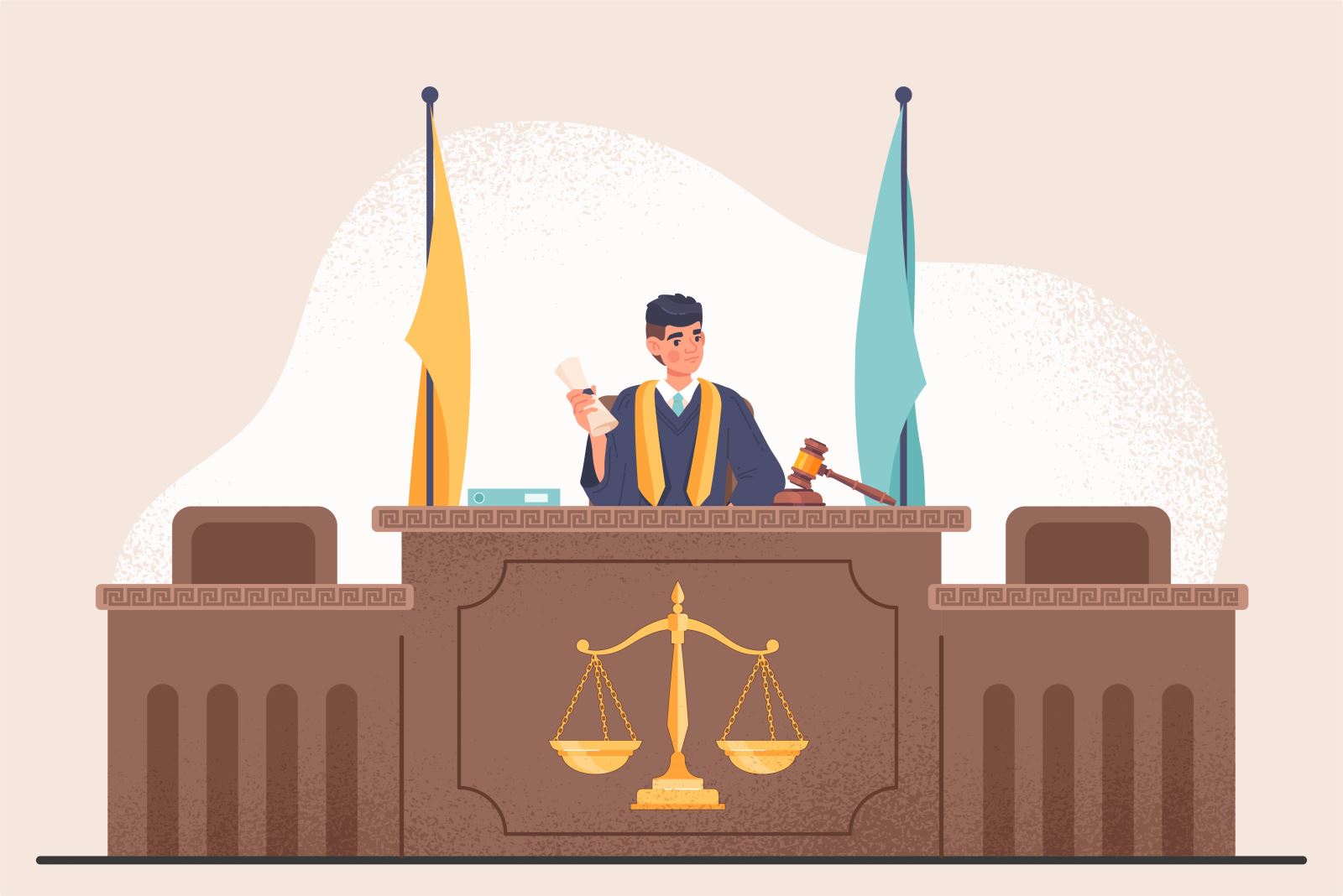- What Does Habeas Corpus Mean?
- Why are Habeas Corpus Petitions Important?
- What Happens When One Files a Habeas Corpus Petition?
- Successful Habeas Corpus Petitions
- How Much Time Do Habeas Corpus Proceedings Take?
- Seek Legal Representation
Habeas corpus or the “Great Writ” is a legal procedure that allows an individual in custody to challenge unlawful imprisonment or indefinite detention. The U.S. Constitution underwrites habeas corpus as a fundamental right to safeguard individual freedom against illicit and arbitrary power. The petition is filed against the State or Federal agent who holds the person in custody.
In certain cases, prisoners can file the habeas writ to review the validity of their imprisonment sentences and convictions, and also challenge the same. The petitions present that the court proceedings against the detainee and the consecutive convictions or sentences tend to violate their constitutional rights.
What Does Habeas Corpus Mean?
The term is derived from a Latin phrase meaning “that you have the body.” It implies to the detainee who is presented before the tribunal or court to allow them to enforce their rights and challenge the custody. The writ is a procedural method that prisoners can use to contest illegal imprisonment or unlawful detention.

The habeas petition can be filed for individuals who have been convicted in federal or state courts for federal/state crimes.
Why are Habeas Corpus Petitions Important?
According to the U.S. Department of Justice Office of Justice Programs, habeas corpus petitions are crucial for several reasons –
- To understand the complex relationship that exist between federal and state courts
- To determine the efficiency and administration with which habeas corpus cases are processed
- To evaluate policy proposals related to the scope of reviewing the federal court
- To protect the constitutional right to freedom and safeguard against unlawful captivity
What Happens When One Files a Habeas Corpus Petition?
There are several scenarios when a prisoner or detainee may file a habeas petition. If the person is convicted and sentenced to lifetime imprisonment, he or she may file a petition for the court to review the case and reduce the sentence. On the other hand, if an individual is detained unlawfully, the person can use his right to habeas corpus to contest such proceeding and get released from the custody.
In certain scenarios where a person has faced crimmigration as a result of moral turpitude and his immigration status is in jeopardy, he or she may file a petition challenging the same. Once the petition is filed, the court will specify executing the writ and presenting the individual in custody. The court will enquire about his or her detention and ask for testimony proving the detention or imprisonment is unlawful.

The convicted individual need to appear for prosecution and testification before the court. The state custodian or the U.S. Marshal will be responsible for the presentation of the convicted in case of the habeas petition. Once the prisoner makes all court-ordered appearances, he will return to the custody unless the proceedings are complete and a judgment has been passed.
Successful Habeas Corpus Petitions
If the convicted individual’s petition gets approved, the federal court may issue a writ, affirming that the former be released from his or her present custody. Successful petitions and testimony may also enable the prisoner to reduce their imprisonment sentences. The court can also hold the case for further legal proceedings.
How Much Time Do Habeas Corpus Proceedings Take?
The “Great Writ” is a highly controversial constitutional law because it allows prisoners to contest their imprisonment or detention. Therefore, the petitioner is required to provide a strong testimony to prove his case and complete the proceeding successfully. The amount of time the legal proceedings take will depend on the type of criminal conviction.
For instance, violent offenses or death penalties take a significant amount of time to resolve in case of habeas petitions. On the other hand, if the person has been convicted under the U.S. Immigration Law and the Board of Immigration Appeals (BIA) has ordered “deported” or “removed," then it can take disproportionate time for the case to resolve.
So, the time to complete the legal proceeding will depend on the criminal offense the petitioner has been convicted of.

Seek Legal Representation
Challenging your imprisonment or detention can be a complex legal procedure. The top U.S. law firms can guide you through the process of habeas corpus and protect your rights.
Need Support?
Onal Gallant & Partners PC is a law office specializing in Real Estate Law, Intellectual Property, Corporate and Business Law, Immigration Law, and the US Visa Processes. We deliver reliable advice on a large variety of subjects ranging from forming a corporation and buying a house in the US to trademark registration and Green Card applications (e.g., EB3 Visa or DV Lottery). With exceptional knowledge and insight into immigration law, our experienced lawyers at Onal Gallant and Partners are ready to help and respond to all of your inquiries.
www.ogplawfirm.com, Facebook, Instagram, Twitter, Quora, LinkedIn and Medium accounts, Youtube Channel, and our blogs in Turkish and English can be followed to get updated information and news about these topics.
You can also visit our office directly or contact us via e-mail or phone.



